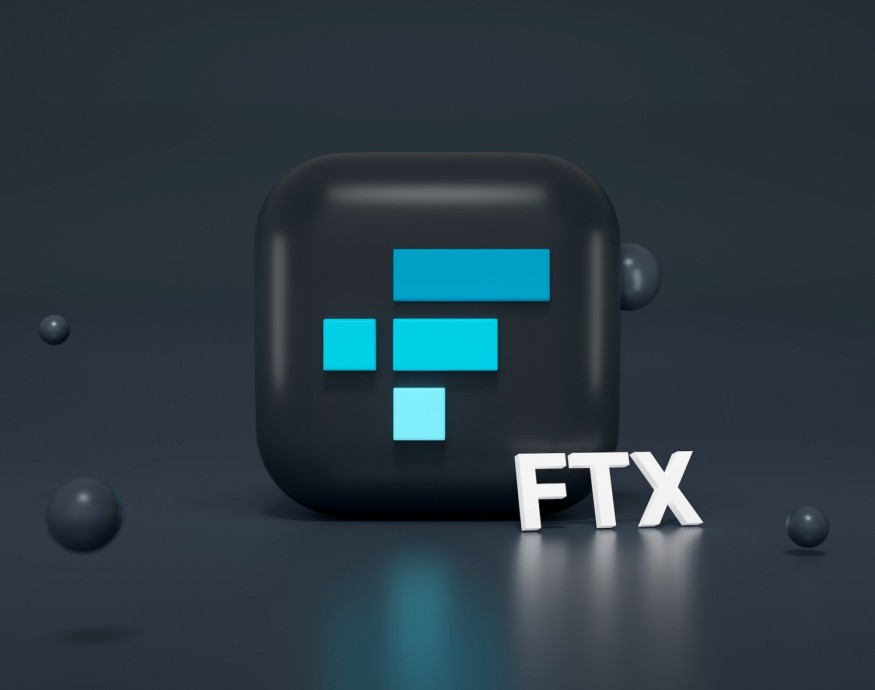Caution - These Exchanges are Going Through a Rough Patch After the Collapse of FTX?

The collapse of FTX, and the damage to the reputation of crypto that it has caused, is still being felt in the markets. After those events unfolded, crypto exchanges rushed to assure their users that they wouldn't have the same fate. Brian Armstrong, CEO of Coinbase, for example, tweeted that his firm does not borrow funds from customers and linked to a blog post from June. This post explained that Coinbase holds its customers' assets 1:1 in order to provide them with 24-hour access, 7 days a week, 365 days a year.
These reassurances follow a noticeable increase in withdrawals from exchanges. Several exchanges have rushed to present their customers with proof of reserves, to show that they actually do not use the funds of their clients. Following the FTX events, nine exchanges - Binance, Gate.io, KuCoin, Poloniex, Bitget, Huobi, OKX, Deribit and Bybit- announced that they will be providing Merkle tree reserve certificates to promote transparency.
Yet, aside from those exchanges, there are still places at risk. We will try to review some of those, so you will know when and where to be cautious.
Genesis global trading
Genesis Global Trading, one of the biggest crypto lenders, has been met with a liquidity shortage. This firm has connections with the well-known cryptocurrency fund Grayscale and the crypto exchange Gemini, which is the sixth most important on CoinMarketCap's general ranking.
It has recently come to light that the company was a major financier to FTX, having lent the failed cryptocurrency platform an amount of $175 million. This follows Three Arrows Capital's insolvency, which cost Genesis around $1.2 billion. As a result of those events, Genesis announced a temporary suspension of payments on loans due to insufficient liquidity, and this impacted Gemini Crypto Exchange.
On the same day, the exchange declared that it was halting payments on its Earn program, which allows customers to get passive income for keeping their cryptocurrency. This caused a massive exodus of customers and a loss of deposits in the value of $1.7 billion.
Genesis, the lender, has recently filed for bankruptcy protection. For traders who want to avoid such exposure, they can choose to trade with a reliable broker that offers crypto CFDs like Easymarkets.
Nexo
Nexo is a cryptocurrency lending firm. Recently, the Securities and Exchange Commission (SEC) declared a penalty of $45 million against Nexo for violating the Federal Securities law, making this the most recent in a series of enforcement actions taken by U.S. regulators to address wrongful behavior in the crypto sector.
Starting from 2020, the U.S. customers of Nexo were given the option of entrusting their cryptocurrency savings and obtaining interest on them. As per the SEC this agency the interest program was a security and Nexo had neglected to register it properly. Nexo resolved the charges without accepting any guilt. They agreed to pay a fine of $22.5 million to the SEC and a further $22.5 million to settle the charges by state regulators.
Nexo is still operational, but recent events have drawn scrutiny to it. Investors are advised to be cautious.
Conclusion
Regulators have always been active around the crypto space, but the FTX scandal made them even more so. Customers have also become more vigilant and began to withdraw funds. It is generally difficult to detect signs of corruption hidden by exchanges away from sight. However, some due diligence can go a long way in helping you avoid preventable losses.
Subscribe to Latin Post!
Sign up for our free newsletter for the Latest coverage!
© 2026 Latin Post. All rights reserved. Do not reproduce without permission.














